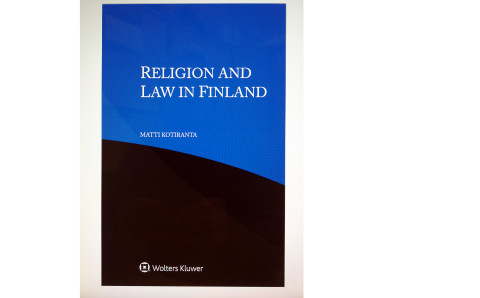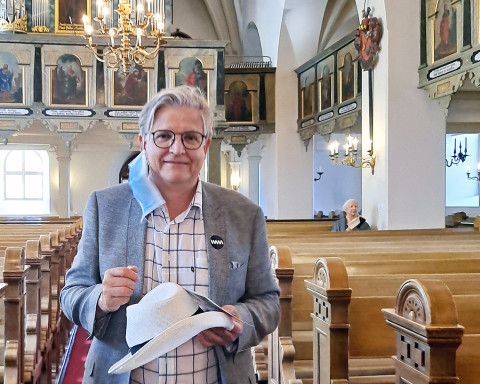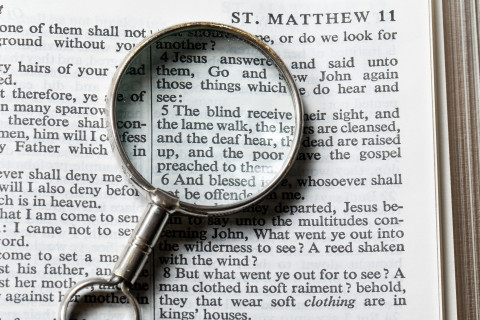In Finland, the greatest change in the history of state-church relations since the country’s independence in 1917 took place in 1990s. The human rights documents issued by the Council of Europe and the Organization for Security and Co-operation in Europe, as well as European integration, forced the state – and the major Lutheran and Orthodox churches as public entities – to evaluate church-state relations on the basis of the principle of freedom of religion.
This pronounced emphasis is reflected in a recent study by Matti Kotiranta, Professor of Church History at the University of Eastern Finland. Published as a monograph in the renowned, multi-volume International Encyclopaedia of Laws, the study offers a comprehensive overview of relevant legislation and legal doctrine in Finland. This convenient resource provides systematic information on several key areas: the role that religion plays in society, the legal status of religious communities and institutions, and the legal interaction of religion, culture, education, and media. The volume is aimed especially at the international audience interested in the status of religion, churches and religious communities in Finland.

Re-evaluation of the concept of religious freedom
Since Finland’s joining the European Union in 1995, state-church relations and human rights issues have developed into a matter of renewed interest. The increasing integration of the European Union, which has included increased intergovernmental co-operation and the development of legislation, has obliged Finland to completely re-think the concept of freedom of religion and, concomitantly, the position of the churches and religious bodies.
“The means to integrate religion and belief under the protection of freedom of religion is based on international human rights treaties; in particular the UN Universal Declaration of Human Rights,” Professor Kotiranta notes.
In Europe, the EU Member States have attempted to interpret their constitutions on the basis of religious freedom, tolerance, state neutrality, and the equal treatment of religions.
"However, the laws of individual states have not usually attempted to define the religion or belief content of their provisions more precisely. On the other hand, the content related to religious freedom itself has been open to almost unlimited interpretation in terms of national laws. Clear examples of this are the US, French, Italian, and German constitutions and religious laws, which interpret the equality of religious communities from very different positions,” Professor Kotiranta says.

Confrontation receding is also reflected in the law
The monograph authored by Professor Kotiranta also revealed that the old-fashioned idea of ‘freedom from religion’ and an ideological antithesis between church and state is losing ground. Similarly, the antithesis between Christian values and the values of society is also losing ground.
They have been replaced by a positive interpretation of freedom of religion that has been given a high profile in international documents on the subject of freedom of religion since the Second World War.
“For the individual, this means the innate right of everyone to practice religion, publicly and privately, according to their conscience, their understanding, and their choice. It still encompasses the right not to practise a religion, the freedom to live without religion, and the right to remain outside any religious community.”
In addition, a great change has taken place in the general atmosphere of the debate, which can be seen in terms of an openness to the development of a new approach to state-church relations.
“Traditional considerations, the realisation of religious freedom and the religious neutrality of the state are to be interpreted nowadays in a manner appropriate to the civil society of a modern democratic state as positive religious freedom assuming a belief in the necessity for the state, the church, and religious communities to work together, since ultimately it all concerns the same citizens.”
The positive interpretation of freedom of religion has been reflected particularly in the revised Finnish Constitution of 2000 and the Finnish Religious Freedom Act of 2003.
“It has a very important influence on the development of relations between state and church, and will continue to do so,” Professor Kotiranta says.
Publication
Publication, University of Eastern Finland Library


